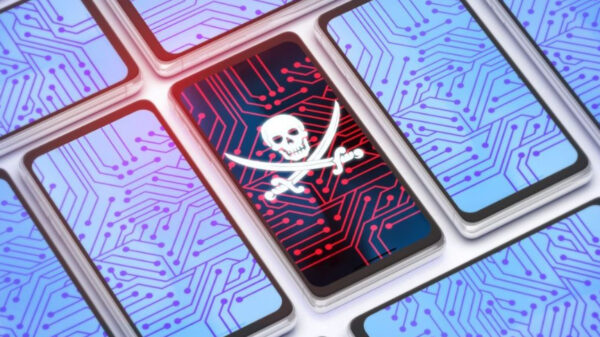The creation of a centralized identification system will close the financial gap in the country as it would enable Filipinos to access financial services.
“Millions of Filipinos are denied access to financial services because they unfortunately lack an identification card to show to banks. The recently signed Philippine Identification System Act effectively gives unbanked and uncarded Filipinos the legal recognition they need to be able to live fully as citizens such as having easier access to financial services,” said Lito Villanueva, FintechAlliance.PH Chairman.
Villanueva, who also sits as the Managing Director of FINTQ, the financial technology arm of Voyager Innovations, underpinned that “having a digital identification for all Filipinos that will be recognized by the public and private sectors is a great equalizer to scale financial inclusion.” According to the Bangko Sentral ng Pilipinas’ 2017 Financial Inclusion Survey, only 22.6% of adult Filipinos have formal accounts from banks and non-banks.
“The national ID system makes Voyager’s goal of including 30 million Filipinos into the formal financial system achievable by 2020. According to the Bangko Sentral ng Pilipinas, one of the factors for the decline in loan disbursements by formal financial institutions in 2017 was the ‘lack of necessary ID.’ With the national ID in place, it will now be easier for everyone to avail of financial products that can help improve their quality of life,” he added.
On August 6, President Rodrigo Duterte signed into law the Philippine Identification System Act of 2018 or PhilSys, which aims to establish a single official identification card for all Filipino residents. The card to be issued under the law called “Phil-ID” will integrate a resident’s data from different government agencies. Duterte said the law will likewise “reduce corruption, curtail bureaucratic red tape, and promote the ease of doing business, and also avert fraudulent transactions, strengthen financial inclusion, and create a more secure environment for our people.”
Moreover, Socioeconomic Planning Secretary Ernesto Pernia cited a study of the World Bank’s ID for Development group, which said that despite the numerous IDs in existence in the Philippines, 14% of Filipinos are denied of government and other financial services due to a lack of proper identification documents.
Villanueva likewise noted that having a national ID will “protect consumers as it addresses different pain points to prevent them from being victims of fraudulent activities.”
It will also help resolve various customer onboarding issues with financial institutions, Villanueva said, adding “when consumers already have a valid ID to present to different banks and non-banks, they will be able to undergo a seamless KYC (know-your-customer) process that once done, will allow them to have a full experience of financial products and services.” For instance, he said, an individual can open a PayMaya account by downloading the app and providing their basic information. However, to upgrade and fully experience all features of their PayMaya account, they would have to undergo a KYC process that will require the submission of a valid ID.
Villanueva encourages banks, other financial institutions, and government agencies to leverage on the passage of the Philippine Identification System Act in accelerating efforts towards digital financial inclusion.
“Banks and other financial institutions must take advantage of the national ID, which is one way to help unbanked and uncarded segments to establish their financial footprint. With the technologies we have now, we can effectively authenticate the identity of each individual, particularly those residing in areas without any bank presence,” he ended.






















































































































